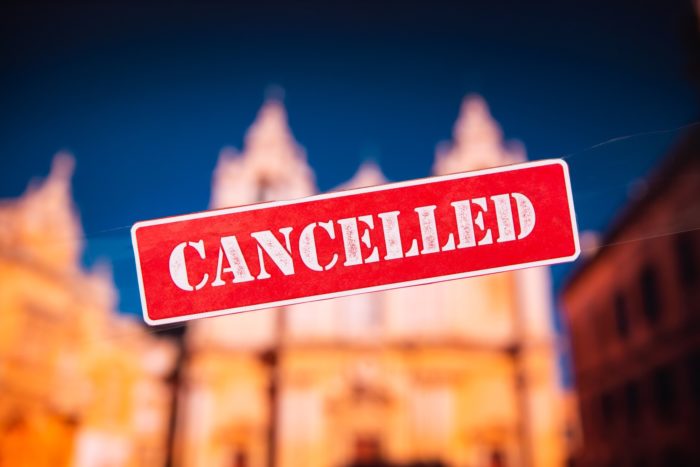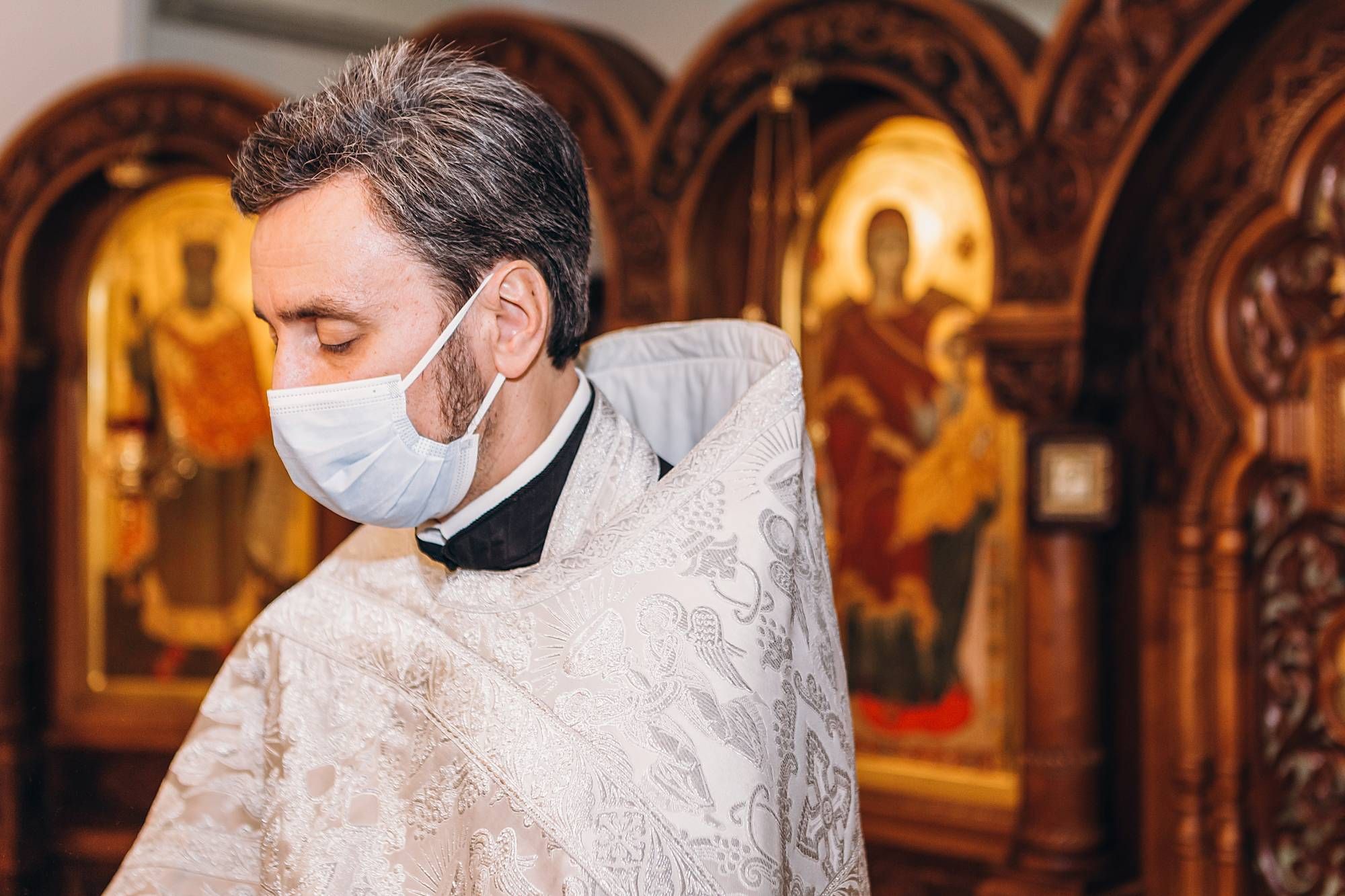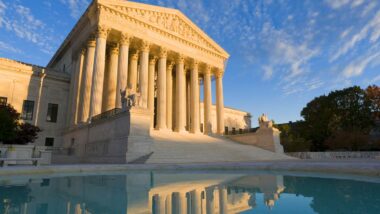Top Class Actions’s website and social media posts use affiliate links. If you make a purchase using such links, we may receive a commission, but it will not result in any additional charges to you. Please review our Affiliate Link Disclosure for more information.
COVID-19 restrictions on church gatherings violate the First Amendment of the U.S. Constitution, according to a complaint filed by a group of Michigan church leaders.
Michigan’s stay-at-home order also violates the state’s own constitutional protections on religious rights, say the plaintiffs.
The complaint accuses Michigan Governor Gretchen Whitmer of going outside the bounds of her authority in executive orders issued on April 30, 2020 and May 1, 2020.
The plaintiffs include a group of Michigan churches and church organizers. They point out that they are specifically not exempted from the state’s stay-at-home orders that require residents to avoid gatherings and impose restrictions on businesses and organizations.
According to the Michigan church leaders, Gov. Whitmer declared a state of emergency in the face of the growing coronavirus pandemic on March 10.
The plaintiffs point out that once a state of emergency is declared, a governor can issue executive orders without legislative review. Gov. Whitmer did so, according to the complaint, issuing more than 60 executive orders in the span of the next two months.
The Michigan church leaders contend that these executive orders are only allowed to be in effect for 28 days without the approval of an extension by the state legislature.
The coronavirus lawsuit points out that one was granted until April 30, 2020; however, Gov. Whitmer extended the effective dates of certain orders to May 15, 2020.
The lawsuit argues that this extension past April 30, 2020 was illegal.
“Despite the Legislature’s refusal to extend the state of emergency, Defendant is now enforcing illegal and unauthorized [executive orders],” contend the Michigan church leaders. “All citizens and churches in Michigan are subject to the requirements and penalties of Defendant’s unlawful [executive orders].”

One church, that boasts seating for 4,000, say they can enforce social distancing precautions, including six feet between attendees, and requiring masks and gloves to be worn.
The church also says it will deep clean the facility after the service, keep streaming live services, tell church members to stay home and watch the service if they prefer, ask church members to perform temperature checks, and advise individuals who are not feeling well or who have a fever to say home.
The other Michigan church leaders who are plaintiffs in the lawsuit say they plan to begin in-person services again with similar protocols.
Despite these precautions, the plaintiffs say that they will still be considered in violation of Michigan’s current stay-at-home order.
“By prohibiting and punishing Plaintiffs’ gathering for their religious services to exercise their religious conscience and beliefs, Defendant violates Plaintiffs’ First Amendment right to the free exercise of religion,” alleges the Michigan stay-at-home order lawsuit.
According to the Michigan church leaders, Gov. Whitmer’s executive orders “further no compelling governmental interest” and “fail to provide the least restrictive means of furthering any state interest and are not narrowly tailored.”
The plaintiffs accuse the governor of prohibiting religious gatherings while allowing other groups to meet regarding non-religious matters.
The executive orders “grant local authorities unbridled discretion, enforced via an individualized subjective assessment, to prohibit Plaintiff’s religious exercise while permitting other individuals or entities to engage in non-religious practices.”
The Michigan church illegal stay-at-home order lawsuit alleges the violation of the First Amendment of the U.S. Constitution, specifically, the right to freedom of expression, association, and assembly.
The lawsuit is seeking a court order allowing the churches to “freely exercise their religious conscience” and otherwise protect their constitutional and statutory rights.
“If Plaintiffs’ requested relief is not granted, then they are subject to the criminal penalties imposed by Defendant’s [executive orders] and to the continued violation of their First Amendment and Michigan Constitutional rights to freely exercise their religious beliefs and to freely associate and assemble,” warns the Michigan church freedom lawsuit.
The spread of COVID-19 has given rise to a number of legal issues related to the enforcement of restrictions purportedly meant to contain the virus.
Top Class Actions has put together a complete guide to legal issues related to the coronavirus to help consumers understand the issues.
Do you think your state’s COVID-19 restrictions are legal? Tell us why or why not in the comment section below!
The plaintiffs are represented by David A. Kallman, Stephen P. Kallman, Jack Jordan, and Erin Mersino of the Great Lakes Justice Center, and Tracey Lee.
The Michigan Church Illegal Stay-at-Home Order Lawsuit is Word of Faith Christian Center Church, et al. v. Gretchen Whitmer, Case No. 1:20-cv-00392, in the U.S. District Court for the Western District of Michigan.
Join a Free Coronavirus Class Action Lawsuit Investigation
If you believe your rights were violated in a way that is directly related to the coronavirus pandemic, you may qualify to join this coronavirus class action lawsuit investigation.
ATTORNEY ADVERTISING
Top Class Actions is a Proud Member of the American Bar Association
LEGAL INFORMATION IS NOT LEGAL ADVICE
Top Class Actions Legal Statement
©2008 – 2024 Top Class Actions® LLC
Various Trademarks held by their respective owners
This website is not intended for viewing or usage by European Union citizens.















